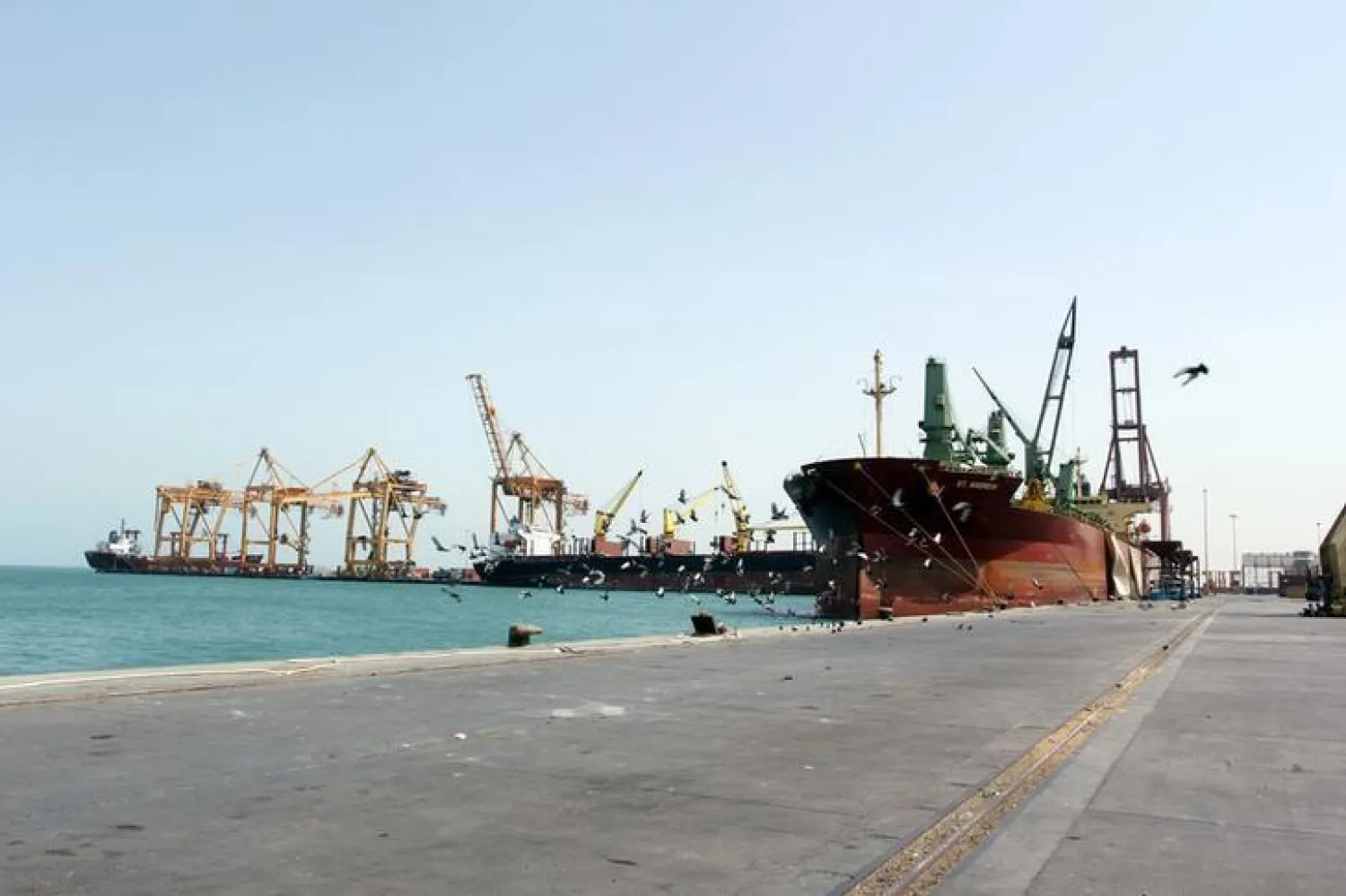Humanitarian Coordinator for Yemen Jamie McGoldrick has expressed his deep concern over the continuing obstruction to the timely provision of aid to people in need in Yemen.
He said that, for months, humanitarian partners have experienced delays by “authorities in Sana’a” to facilitate the entry of aid workers into Yemen; interference in the delivery of aid and the choice of implementing partners; and hijacking of aid vehicles.
Farhan Haq, Deputy Spokesman for the Secretary-General, quoted McGoldrick as saying that there have been increased incidents where aid was diverted from the intended beneficiaries in areas under the control of the Sana’a authorities.
He also said that, as basic social services in Yemen are near collapse, there is mounting pressure on aid agencies to expand the humanitarian response.
But he stressed that ensuring unhindered humanitarian access is essential to save the lives of those who depend on assistance, particularly as Yemen is facing an unprecedented cholera crisis and more than 7 million people are at risk of famine.
Furthermore, ships that enter the Yemeni Hodeida Port, which falls under the control of insurgents, are being subject to blackmailing and illegal practices by Houthis.
A commercial ship named “ALLIANCE,” which transports food to Yemen, complained that ships arriving at Hodeida Port are falling victim to illegal practices and are facing several risks, a reliable source told Asharq Al-Awsat.
He said these practices make the port unsafe.
UN Special Envoy to Yemen Ismail Ould Cheikh Ahmed had asked the Security Council that the Houthi militias and forces of the ousted Saleh hand out the port to an impartial party, a matter that was welcomed by the coalition supporting legitimacy in Yemen.









